Introduction
In the realm of contemporary cinema, few directors have mastered the art of psychological storytelling as Christian Petzold has. With his latest work, Mirrors No. 3, Petzold delves deep into the intricacies of human emotions, trauma, and the complexities of identity. This film, set to premiere at the 2025 Cannes Film Festival, promises to be a profound exploration of the human psyche.
A Glimpse into the Narrative
Mirrors No. 3 introduces us to Laura, a young and talented piano student at the University of the Arts in Berlin. Her life, once filled with melodies and aspirations, takes a tragic turn during a weekend trip when she survives a car accident that claims the life of her boyfriend. Miraculously unscathed physically but emotionally shattered, Laura finds solace in the home of Betty, a woman who witnessed the accident and offers her refuge.
As Laura begins to heal, she becomes increasingly integrated into Betty’s family. What initially appears to be an act of kindness soon reveals layers of complexity. Laura starts to perceive subtle anomalies in the family’s dynamics, leading her to question their true intentions and the authenticity of their hospitality. The film intricately weaves themes of trust, vulnerability, and the search for belonging.
Themes and Symbolism
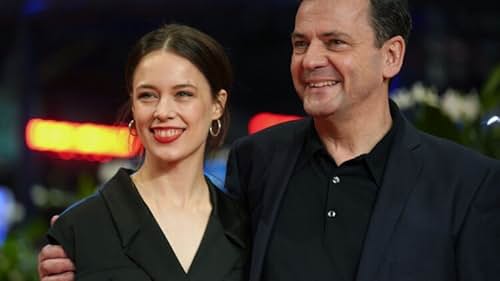
The title Mirrors No. 3 is a direct reference to Maurice Ravel’s piano suite “Miroirs,” particularly the piece “Une barque sur l’océan.” This choice is emblematic, as mirrors often symbolize reflection, self-perception, and the duality of human nature. Throughout the film, mirrors serve as a metaphor for Laura’s introspection and the distorted realities she encounters.
The narrative delves into the psychological aftermath of trauma, exploring how individuals reconstruct their identities in the face of loss. Laura’s journey is not just about physical survival but about reclaiming her sense of self amidst the chaos of her emotions and the enigmatic behaviors of those around her.
Character Dynamics
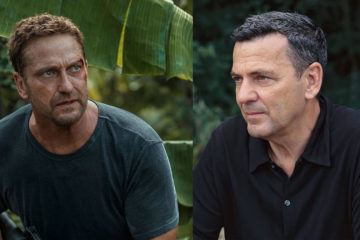
Paula Beer delivers a compelling performance as Laura, capturing the nuances of a young woman grappling with grief and uncertainty. Her portrayal brings depth to a character caught between the past and the present, seeking meaning in a world that has been irrevocably altered.
Barbara Auer’s portrayal of Betty adds another layer of intrigue. Betty is a woman of few words, yet her actions speak volumes. The complexity of her character lies in her ambiguous motives and the warmth she extends to Laura, which may mask deeper, unspoken truths.
Matthias Brandt and Enno Trebs round out the cast, each bringing their unique talents to the film. Their characters interact with Laura in ways that further blur the lines between reality and illusion, challenging her perceptions and, by extension, the audience’s.
Cinematic Craftsmanship
Petzold’s direction is meticulous, with every frame serving a purpose. The cinematography by Hans Fromm captures the stark contrasts between the external world and the internal turmoil of the characters. The use of lighting and shadow enhances the film’s atmospheric tension, reflecting the dualities present in the narrative.
The editing by Bettina Böhler ensures a seamless flow, maintaining the suspense and emotional depth throughout the film. The pacing allows for moments of introspection without losing the audience’s engagement, a testament to the collaborative efforts of the production team.
Anticipation and Reception
Mirrors No. 3 has garnered significant attention even before its premiere. The film’s selection for the Directors’ Fortnight at the 2025 Cannes Film Festival underscores its anticipated impact on the international stage. Critics have lauded Petzold’s ability to craft narratives that are both intellectually stimulating and emotionally resonant.
The film’s exploration of universal themes such as trauma, identity, and the complexities of human relationships ensures its relevance across diverse audiences. Its psychological depth positions it as a potential contender for various accolades, including the prestigious Palme d’Or.
Conclusion
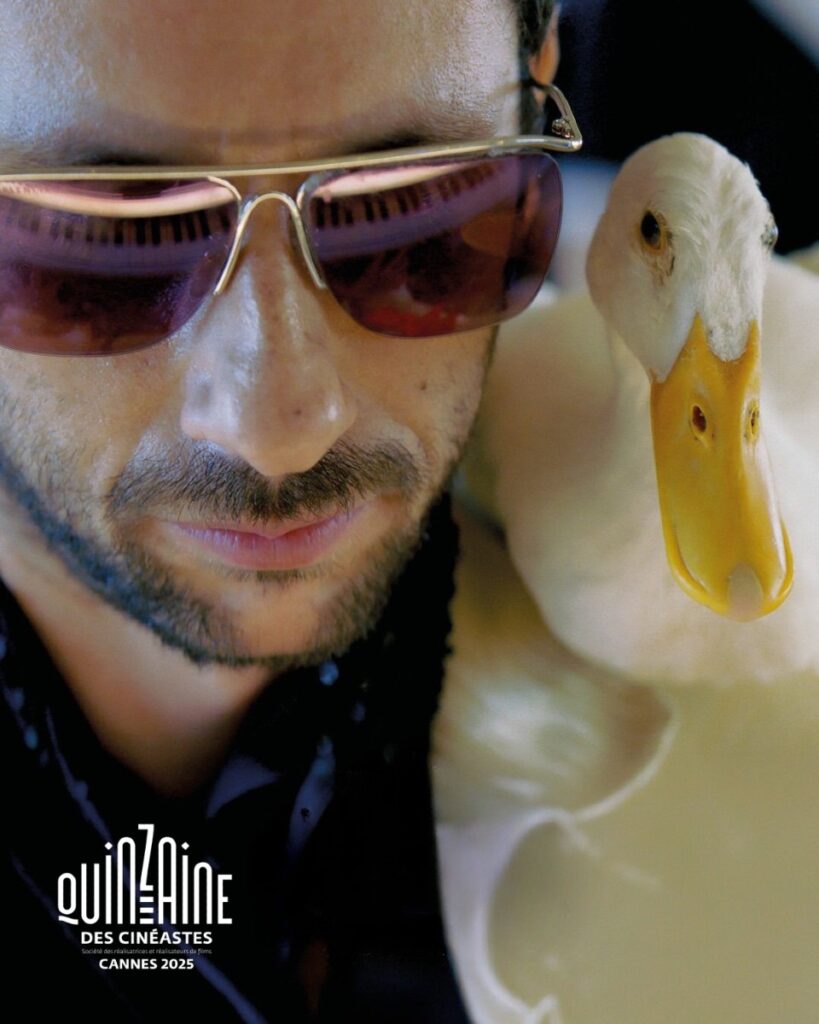
In Mirrors No. 3, Christian Petzold once again demonstrates his mastery in creating films that challenge and captivate. Through a compelling narrative, complex characters, and profound themes, the film offers a reflective journey into the human condition. As audiences prepare to witness this cinematic endeavor, Mirrors No. 3 stands as a testament to the power of storytelling in exploring the depths of the soul.
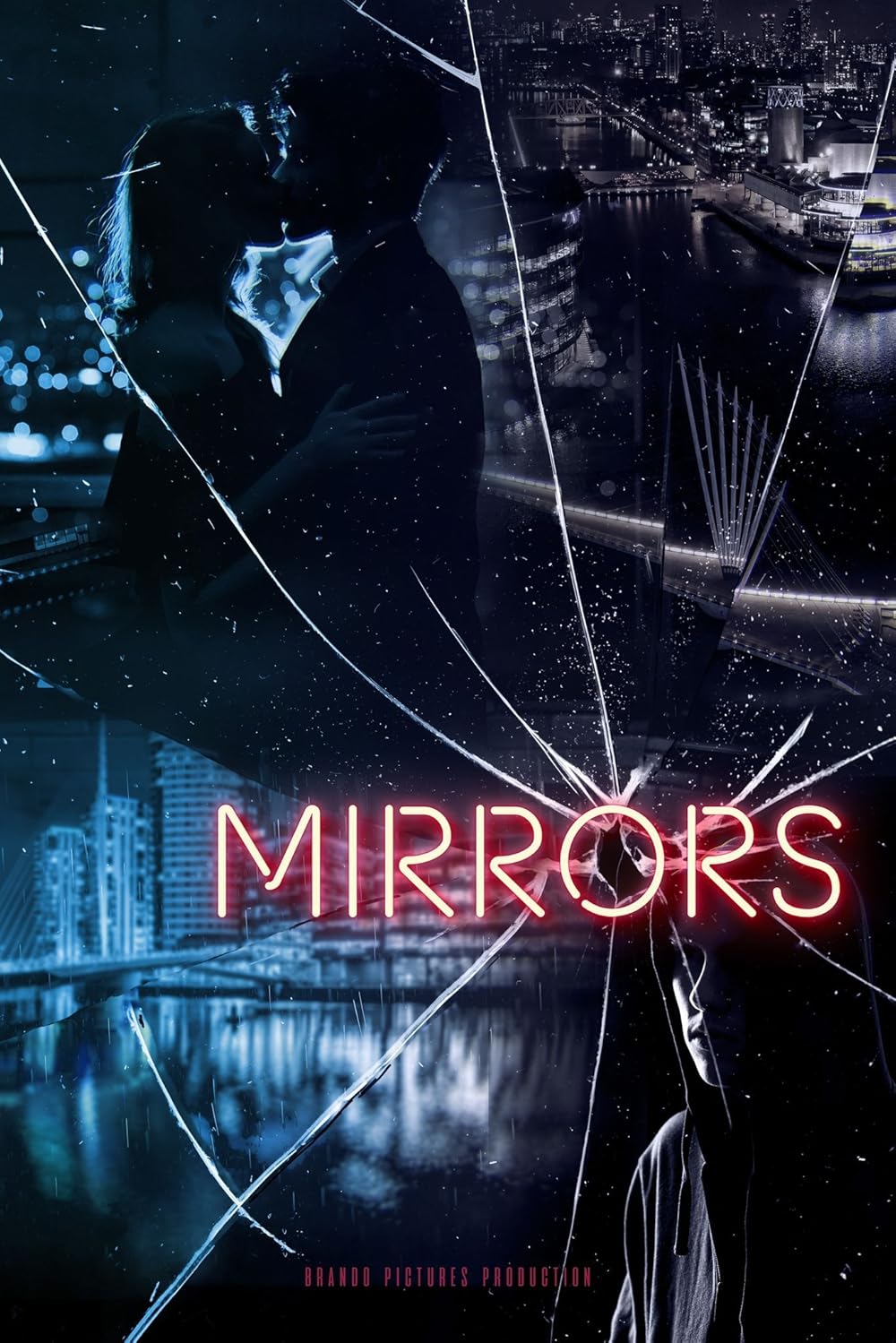


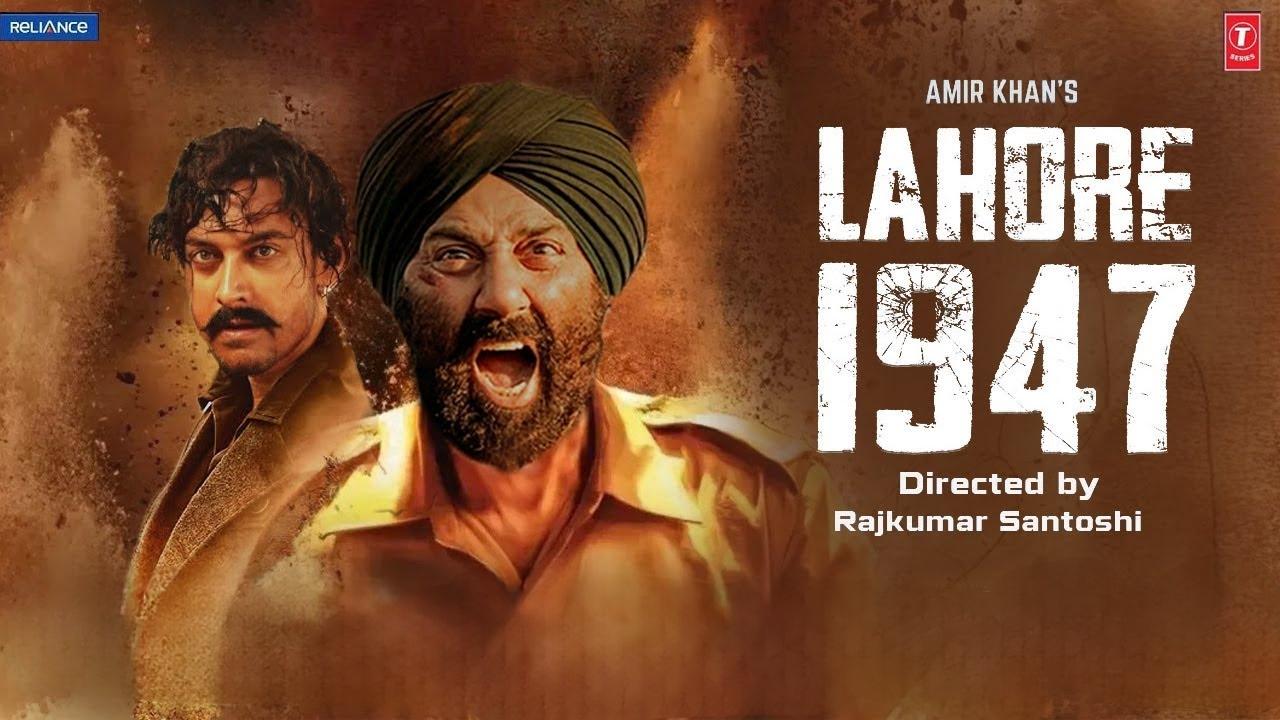







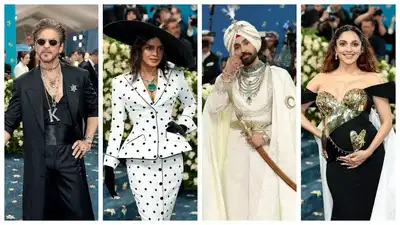

Leave a Reply